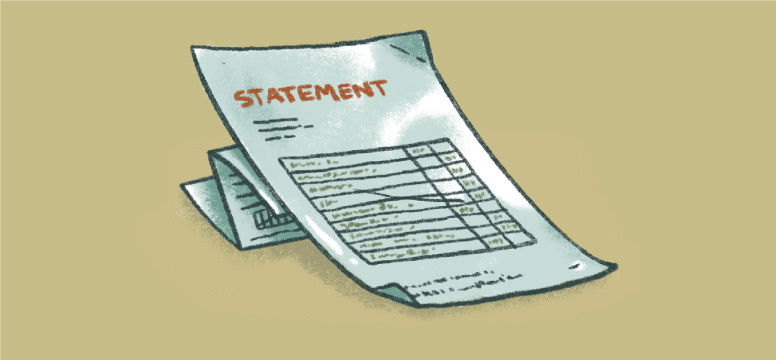
Auto Loan Payoff Calculator [Extra Payments]
How to Calculate Auto Loan Payoff
The price of your vehicle, down payment you make, length of the loan, and interest rate are all factors that determine how much you'll pay for your car. Adding a bit more to your payments each month can help you pay off your car loan sooner and, ultimately, save you money. Use this calculator to see the impact of putting a bit more money toward your loan each month.
Enter the price of your vehicle as the Vehicle Price and adjust the sliders to match the details of your loan. Move the Added Monthly Amt slider to see the impact of paying more toward the loan.
How do I figure out my car loan payoff amount?
To know how long it will take you to pay off your car loan, you'll need the following information:
- Remaining principal: How much of the original loan cost is left—not the total with interest.
- Interest payments: A sum of the interest you pay each month throughout the loan.
- Lender fees: Any added costs placed on the loan by the lender.
- Prepayment penalties: Fees associated with paying off a loan before a lender’s designated time period. If you’re thinking of paying the loan off earlier than planned, prepayment penalties might be in place.
Can you make extra payments on your car loan?
If you can, you should! Depending on whether your loan has a set interest amount already added to the final loan price, making extra payments could actually help you pay off your loan faster and ultimately pay less in interest. The Auto Loan Payoff Calculator can help you visualize the numbers and see how much each payment can impact the final cost.
Should you pay off your car loan early?
Whether you should pay off your car loan early depends on the contract you signed. Since lenders make their money on the amount of interest you pay, it’s possible there will be a repayment fee if you decide to pay it off early. What you’ll need to do before deciding to pay it off is calculate the amount of interest you’d pay if you were to continue making monthly payments. Once you’ve done that, compare it to how much you’d pay for the repayment fee then ask yourself if it’s worth the cost difference. If you do decide to pay it off early, remember that your FICO® Score could also drop for multiple reasons. These reasons include a decrease in the age of accounts—the number of months/years you’ve had the loan for—or the number of installment loans also known as a loan where you borrow a certain amount of money at once and pay it off on a month-to-month basis.
How much will you save by paying off your car loan early?
The amount you’ll save by paying off your car loan early depends on the terms established by the lender. It’s not uncommon for a lender to have a repayment term/cost when you sign a contract. Let’s say you take out a $20,000 loan with a 60-month repayment term and 5% interest rate, in the end, you’ll be paying $22,645—the $20,00 principal and then an additional $2,645 in interest.
Neither Banzai nor its sponsoring partners make any warranties or representations as to the accuracy, applicability, completeness, or suitability for any particular purpose of the information contained herein. Banzai and its sponsoring partners expressly disclaim any liability arising from the use or misuse of these materials and, by visiting this site, you agree to release Banzai and its sponsoring partners from any such liability. Do not rely upon the information provided in this content when making decisions regarding financial or legal matters without first consulting with a qualified, licensed professional.

